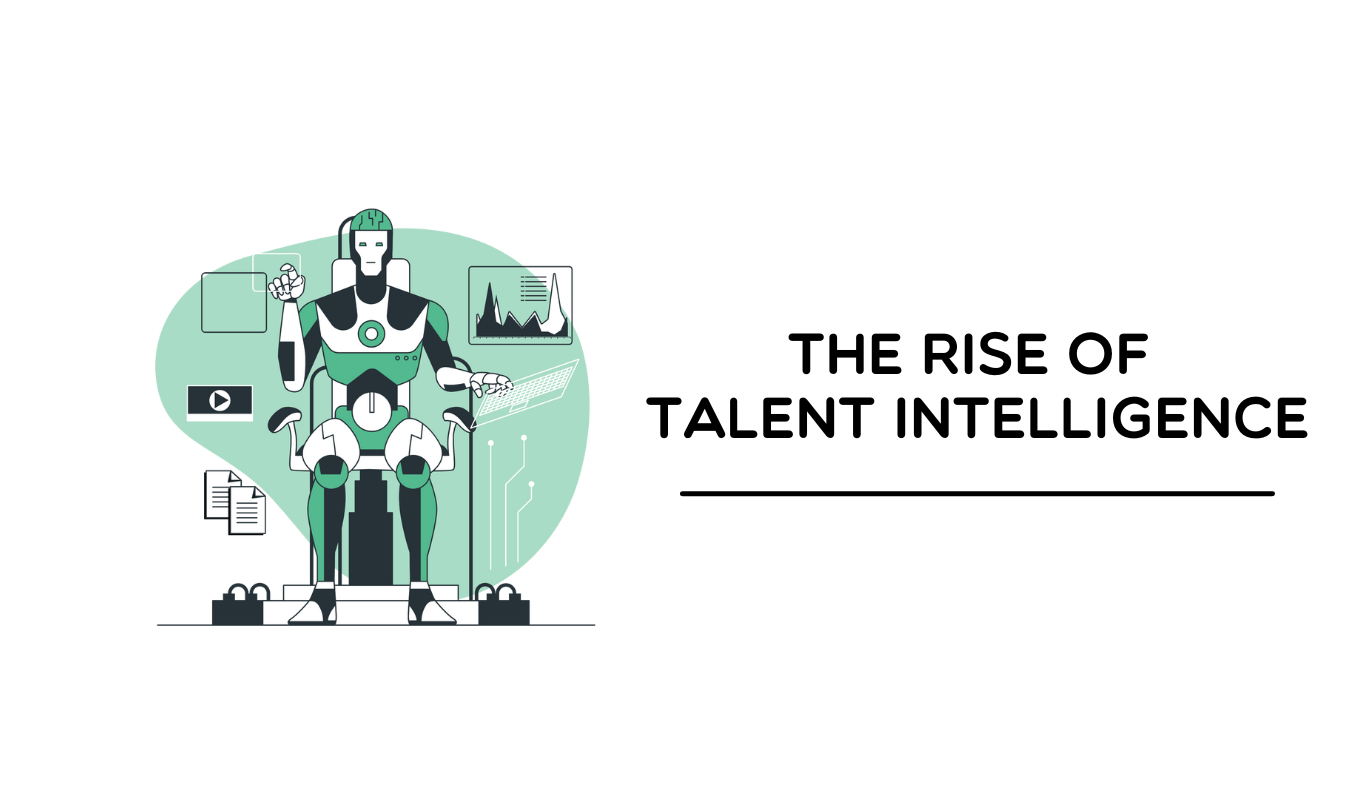Talent Intelligence – What's it all about and why should I care?
Talent Intelligence has been on the rise over the last few years. But what is it and what does it mean for you?

What is it?
Talent intelligence, or the ability to gather and analyse data about the skills and capabilities of current and potential employees, is becoming increasingly important for organisations looking to attract and retain top talent. In today's competitive job market, it's more important than ever for organisations to have a deep understanding of their workforce and the talent they need to achieve their business goals.
"There is a new and massive market for Talent Intelligence Platforms. These are not “recruiting tools” but rather AI-powered data platforms that help companies with sourcing, internal talent matching, intelligent succession management, and data driven solutions for assessment, job design, and skills analysis." - Josh Bersin, HRTech for 2023
Why is it important?
Inform & improve recruitment
One of the key benefits of Talent Intelligence is its ability to inform and improve the recruitment process. By gathering data on the skills and experience of current employees, organisations can identify gaps in their talent pool. These include a mismatch between the skills that employers need & the skills that candidates possess, unrealistic job descriptions and a lack of diversity in the talent pool.
With how current systems are set up, it’s difficult for employers to find candidates from underrepresented groups and make more informed hiring decisions. Using Talent Intelligence to highlight profiles with alternate titles that fit the role, changing the JD by adding specific skills that are needed or adding more skills can serve to attract a wider talent pool.
This can help organisations attract top candidates and reduce the risk of hiring unqualified or underperforming employees.
Motivating and engaging employees
Talent intelligence can also help organisations retain top talent by providing insights into what motivates and engages employees. By gathering data on employee satisfaction, engagement, and career development, organisations can identify areas where they need to improve in order to keep their employees happy and motivated. This can help organisations reduce turnover and improve retention rates, saving time and resources that would otherwise be spent on constantly recruiting and training new employees.
Unlock talent mobility with org skills mapping
In addition to helping with recruitment and retention, Talent Intelligence can support other HR processes such as succession planning, employee development, and performance management. By gathering data on employee skills and capabilities, organisations can identify potential leaders and high-potential employees, and create development plans to help them reach their full potential. This can help organisations build a strong talent pipeline and ensure they have the skills and expertise needed to achieve their business goals.
Identify Specialised training gaps
Talent Intelligence can also help organisations make more informed decisions about employee performance. By gathering data on employee performance, organisations can identify areas where employees excel and areas where they need to improve. This can help organisations provide targeted feedback and support to help employees succeed, leading to improved performance and increased productivity.
Talent Intelligence platforms can be used by a wide range of organizations to identify & track potential candidates for open positions and to monitor the experience of current employees. Additionally, they can provide market insights that can help organizations to make more informed decisions. Identifying trends in the job market, such as in-demand skills, competitive industries and active job seekers through data analytics and machine learning becomes very easy. These insights would never be available to firms through traditional methods. The Talent Intelligence wave is one every firm should be riding in the coming years.